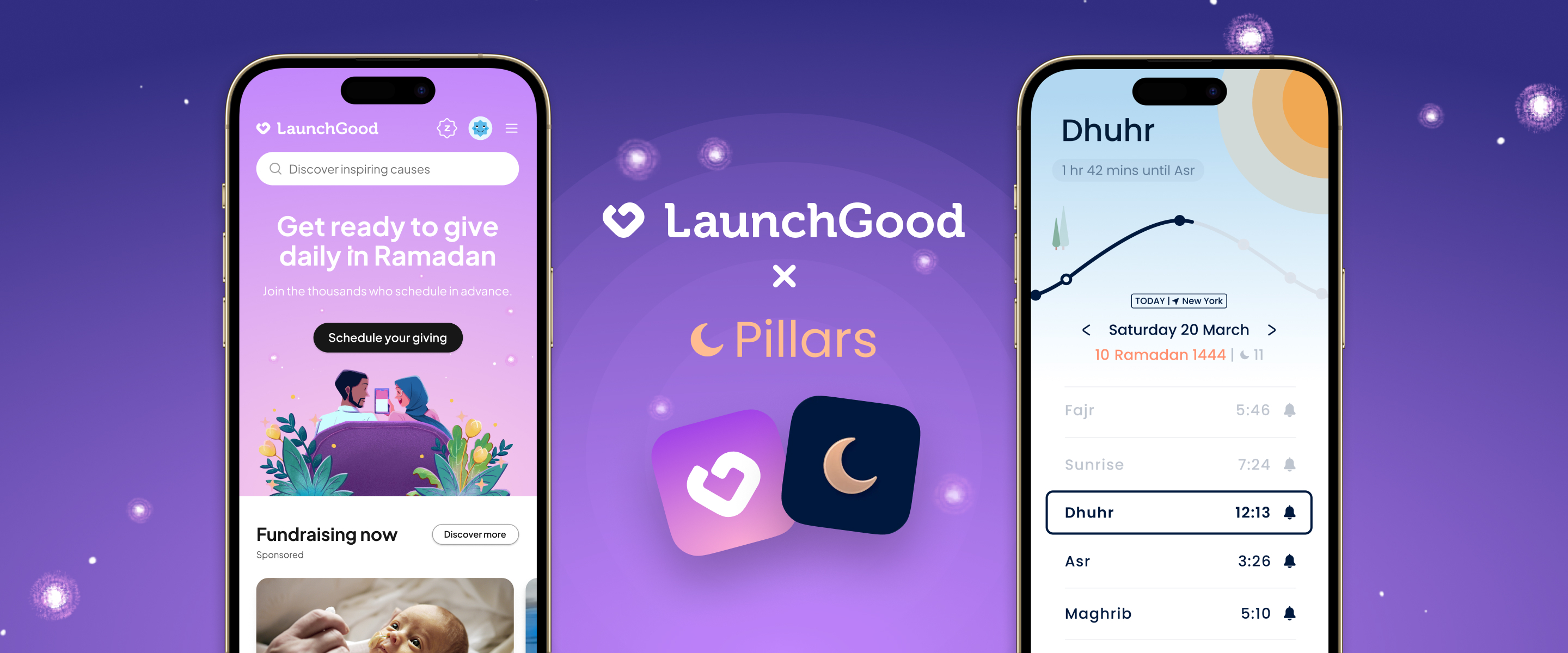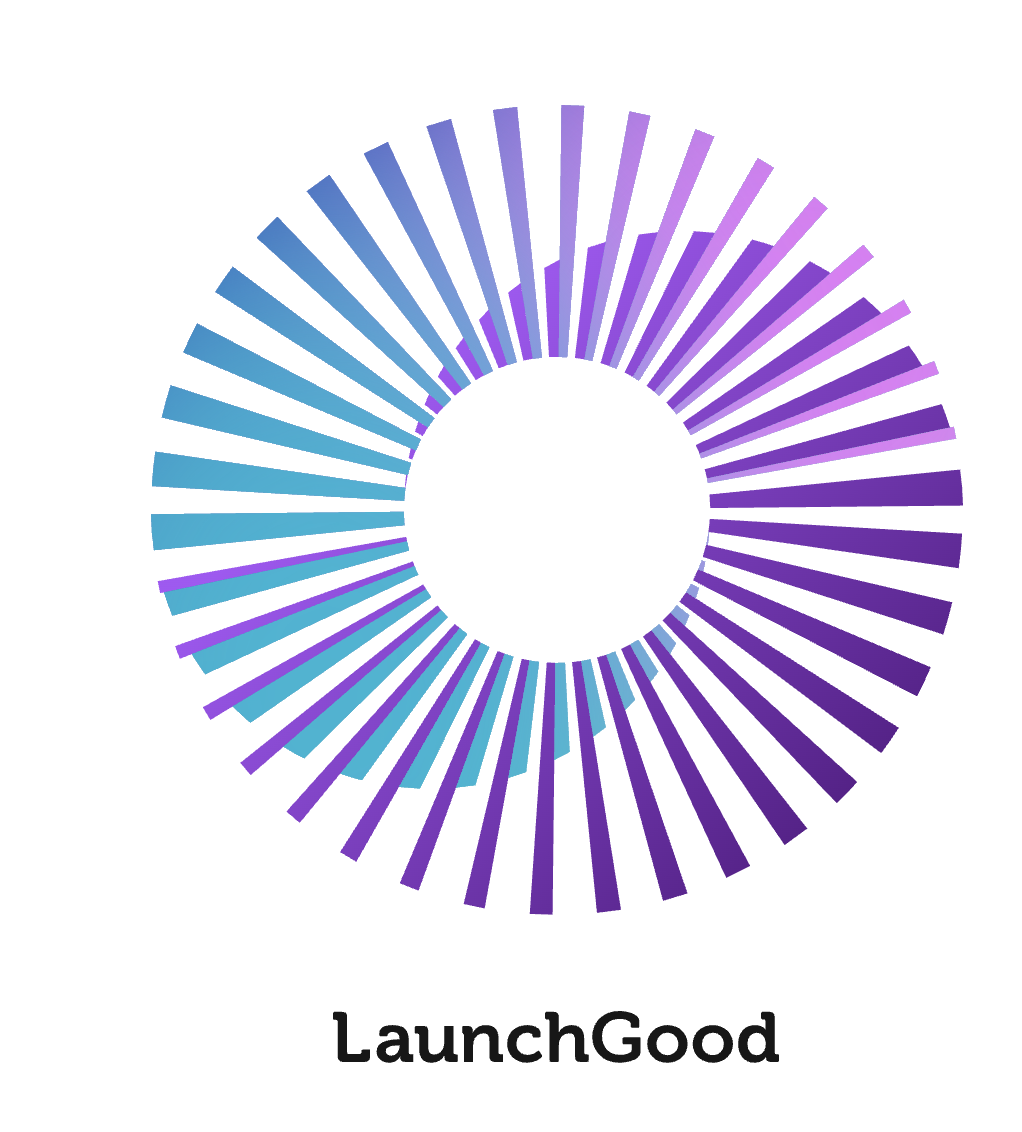
What Does Zakat Purify Our Souls From?
One of the worst mistakes that we can make when it comes to Zakat is to treat it as a mere business transaction where one gives and the needy receives. In reality, it is an act of purification; physical, spiritual, and so much more.
Think of the moment when you last felt fulfilled. For me, that moment has reoccurred almost every month since the launch of “Helping Hands”, my masjid’s monthly food hamper program. To be able to interact with people, and hear them say: “Jazakum Allah khairan, you have been the answer to my Dua’. I didn’t know how I was going to get through this month.” has left me humbled every single time. The fact that Allah blesses us with wealth, health, and ability and then chooses us to serve humanity is a blessing in and within of itself, alhamdulillah.
Allah –the most High- says:
خُذْ مِنْ أَمْوَٰلِهِمْ صَدَقَةًۭ تُطَهِّرُهُمْ وَتُزَكِّيهِم بِهَا
“Take from their wealth a charity to cleanse and purify them” (9:103)
The institution of Zakat purifies our wealth from impermissible and dubious transactions. But what does it purify our souls from?
Allah reminds us of the true base nature of human beings when He tells us:
وَتُحِبُّونَ ٱلْمَالَ حُبًّۭا جَمًّۭا
“and love wealth, with an excessive love.” (89:20)
Our souls often face a difficult conundrum when that which we need for physical survival becomes a source of spiritual pain due to over-attachment. This wealth that Allah –the most Generous- has given us is a trust, that He gives and takes as He pleases. It is such a cumbersome trust that we will be questioned about it twice on the Day of Judgment. We need to train our souls to love Ar-Razzaq (the Provider) more than the Rizq (Sustenance) He provides. We need to love Al-Wahhab (the Bestower) more than the innumerable gifts that He gifts us.

When we give our zakat, it helps in loosening the shackles of attachment, but does not totally set us free. It is the bare minimum that we are obliged to offer. Only by giving that which is most beloved to us, and giving more than we are required to, can we begin the discussion on what spiritual freedom truly looks like.
وَمَن يُوقَ شُحَّ نَفْسِهِۦ فَأُو۟لَـٰٓئِكَ هُمُ ٱلْمُفْلِحُونَ
And whoever is saved from the greed of his soul, then such people are the successful. (59:9)
How Does Zakat Protect Our Character?
Greed and stinginess are not the only ailments of the heart that Zakat helps purify. In fact, Zakat serves as a protection from an even more vile characteristic: hypocrisy. Zakat is a proof of faith. One has faith that Zakat will not decrease one’s wealth or make them poor. One has faith that angels supplicate for the one that gives. And one has faith that it will serve as a shade on the severest of days. It is the lack of faith in the hypocrite that prevents them from spending in the way of Allah even though its virtues are present and plentiful. It is no coincidence that the conclusion of Surah Al-Munafiqun (the Chapter of the Hypocrites) concludes with one wanting to come back to the life of this world just to give charity.
وَأَنفِقُوا۟ مِن مَّا رَزَقْنَـٰكُم مِّن قَبْلِ أَن يَأْتِىَ أَحَدَكُمُ ٱلْمَوْتُ فَيَقُولَ رَبِّ لَوْلَآ أَخَّرْتَنِىٓ إِلَىٰٓ أَجَلٍۢ قَرِيبٍۢ فَأَصَّدَّقَ وَأَكُن مِّنَ ٱلصَّـٰلِحِينَ
“And donate from what We have provided for you before death comes to one of you, and you cry, ‘My Lord! If only You delayed me for a short while, I would give in charity and be one of the righteous.’” (63:10)

Just as faith revives the dead heart, rain revives a dead land. The beauty of the rain is not confined to its cooling nature, or how it is shared without discrimination, but continues on to the after effects of its descent. It nourishes humans, animals, and plants. The plants grow from which animals and humans eat, and humans are able to sell. The animals produce milk, that is consumed and sold. The animals themselves grow and become consumable, and a commodity for sale. Jobs are created, income is earned, economies created and stabilised, all through this rain.
وَمَثَلُ ٱلَّذِينَ يُنفِقُونَ أَمْوَٰلَهُمُ ٱبْتِغَآءَ مَرْضَاتِ ٱللَّهِ وَتَثْبِيتًۭا مِّنْ أَنفُسِهِمْ كَمَثَلِ جَنَّةٍۭ بِرَبْوَةٍ أَصَابَهَا وَابِلٌۭ فَـَٔاتَتْ أُكُلَهَا ضِعْفَيْنِ فَإِن لَّمْ يُصِبْهَا وَابِلٌۭ فَطَلٌّۭ ۗ وَٱللَّهُ بِمَا تَعْمَلُونَ بَصِيرٌ
“And the example of those who donate their wealth, seeking Allah’s pleasure and believing the reward is certain, is that of a garden on a fertile hill: when heavy rain falls, it yields up twice its normal produce. If no heavy rain falls, a drizzle is sufficient. And Allah is All-Seeing of what you do.” (2:265)
Zakat Is A Mercy
Zakat plays a similar function to rain. We pray for rain in the driest and most barren of lands. We give our zakat to those that have nothing or not enough to survive. The descent of rain is a sign of mercy from the Creator to his creation. The giving of Zakat is a manifestation of mercy from one entrusted to the next. Our Creator loves us and gives. We love His creation and give for His sake. Is it then surprising that when we withhold our zakat that Allah withholds the rain?
Our faith connects the spiritual and physical realms, and is much deeper than one can actually fathom. This is just a mere glimpse at some of the inner dimensions of Zakat. I refer you to the masters in these sciences like Al-Ghazali, Ibn Qudamah, Ibn Al-Qayyim, and others, may Allah have mercy on them and us, for further elucidation.
May Allah make us of those that fulfil the rites of zakat, and allow us to reap its benefits in this life and the next, physically and spiritually. Ameen.
Allah knows best.

Visit www.launchgood.com/zakat to find hundreds of scholar-verified Zakat campaigns this Ramadan. Calculate and save your Zakat obligations using the new smart Zakat calculator and keep track of your givings easily.
.




